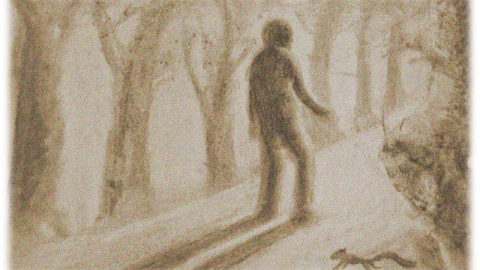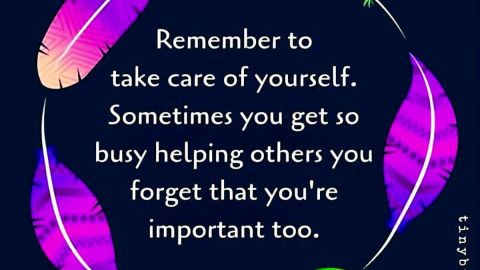*SAPPHIRE FITNESS.
Today i will love to share some lifestyle approach and adjustment that will help you control High BP.
Lifestyle plays an important role in treating your high blood pressure. If you successfully control your blood pressure with a healthy lifestyle, you might avoid, delay or reduce the need for medication.
Here are ways to achieve the above
1. Watch your weight or Lose extra pounds and watch your waistline
Blood pressure often increases as weight increases. Being overweight also can cause disrupted breathing while you sleep (sleep apnea), which further raises your blood pressure.
Men are at risk if their waist measurement is greater than 40 inches (102 centimeters).
Women are at risk if their waist measurement is greater than 35 inches (89 centimeters).
1. Exercise regularly
Regular physical activity — such as 150 minutes a week, or about 30 minutes most days of the week — can lower your blood pressure by about 5 to 8 mm Hg if you have high blood pressure. It’s important to be consistent because if you stop exercising, your blood pressure can rise again.
3. Eat a healthy diet
Eating a diet that is rich in whole grains, fruits, vegetables and low-fat dairy products and skimps on saturated fat and cholesterol can lower your blood pressure by up to 11 mm Hg if you have high blood pressure. This eating plan is known as the Dietary Approaches to Stop Hypertension (DASH) diet.
4. Reduce sodium in your diet
Even a small reduction in the sodium in your diet can improve your heart health and reduce blood pressure by about 5 to 6 mm Hg if you have high blood pressure.
The effect of sodium intake on blood pressure varies among groups of people. In general, limit sodium to 2,300 milligrams (mg) a day or less. However, a lower sodium intake — 1,500 mg a day or less — is ideal for most adults.
5. Limit the amount of alcohol you drink
Alcohol can be both good and bad for your health. By drinking alcohol only in moderation — generally one drink a day for women, or two a day for men — you can potentially lower your blood pressure by about 4 mm Hg. One drink equals 12 ounces of beer, five ounces of wine or 1.5 ounces of 80-proof liquor.
6. Quit smoking
Each cigarette you smoke increases your blood pressure for many minutes after you finish. Stopping smoking helps your blood pressure return to normal. Quitting smoking can reduce your risk of heart disease and improve your overall health. People who quit smoking may live longer than people who never quit smoking
7. Cut back on caffeine
The role caffeine plays in blood pressure is still debated. Caffeine can raise blood pressure up to 10 mm Hg in people who rarely consume it. But people who drink coffee regularly may experience little or no effect on their blood pressure
8. Reduce your stress
Chronic stress may contribute to high blood pressure. More research is needed to determine the effects of chronic stress on blood pressure. Occasional stress also can contribute to high blood pressure if you react to stress by eating unhealthy food, drinking alcohol or smoking.
9. Monitor your blood pressure at home and see your doctor regularly*
Home monitoring can help you keep tabs on your blood pressure, make certain your lifestyle changes are working, and alert you and your doctor to potential health complications. Blood pressure monitors are available widely and without a prescription. Talk to your doctor about home monitoring before you get started.
10. Get support
Supportive family and friends can help improve your health. They may encourage you to take care of yourself, drive you to the doctor’s office or embark on an exercise program with you to keep your blood pressure low.
Practicing the above will not only help reduce your risk of High BP but it will go a long way to improve your over all health.
*Your health is your responsibility*




